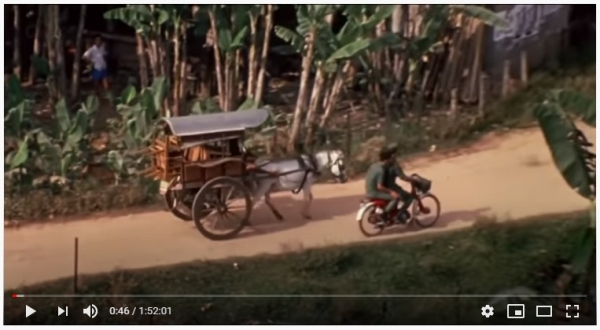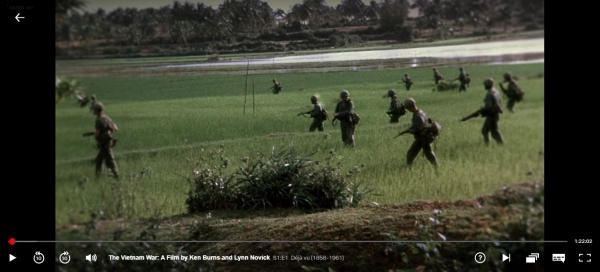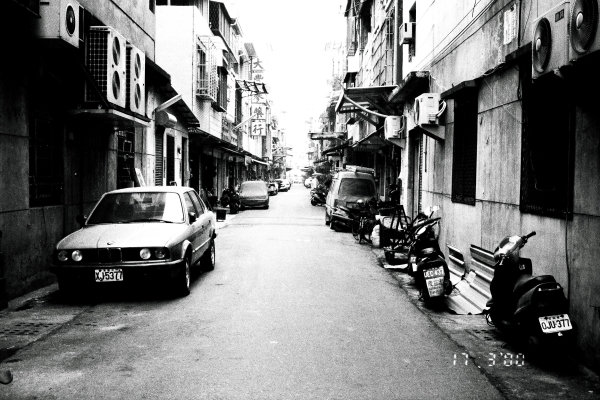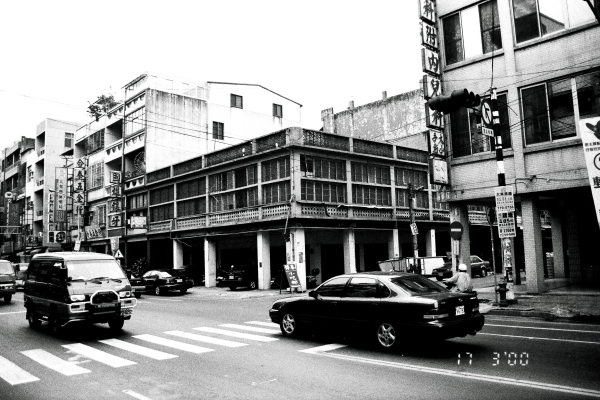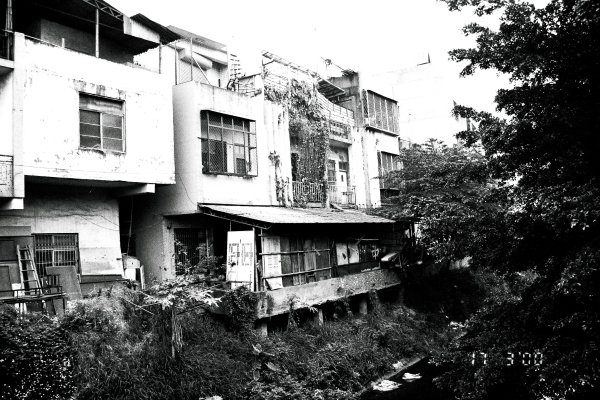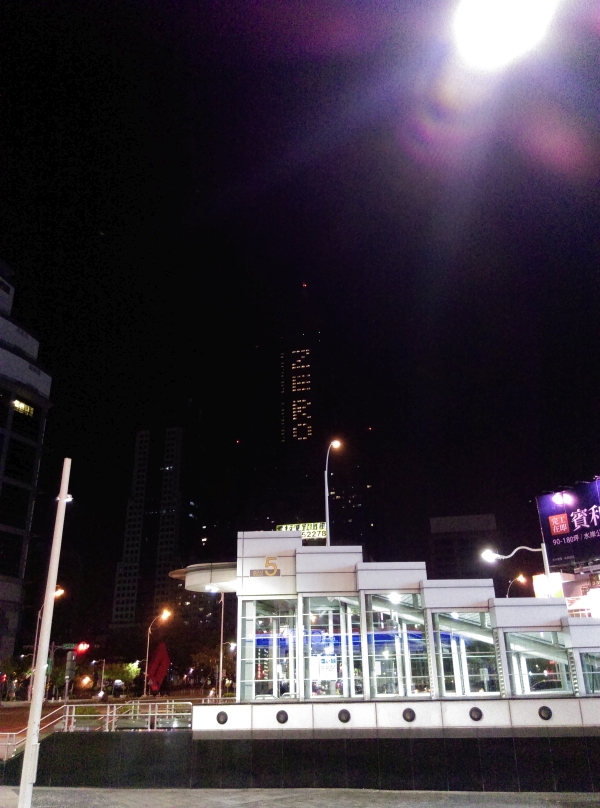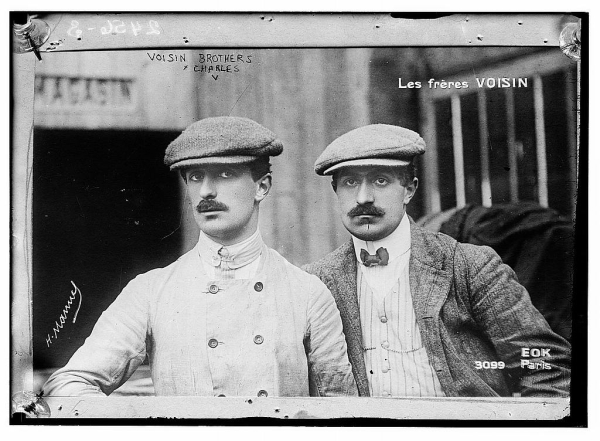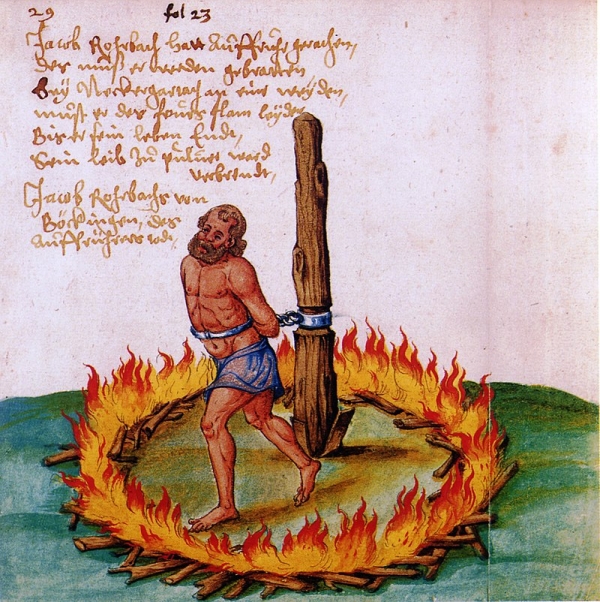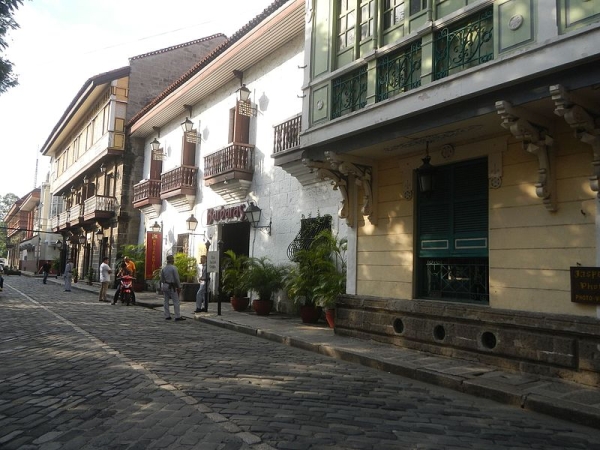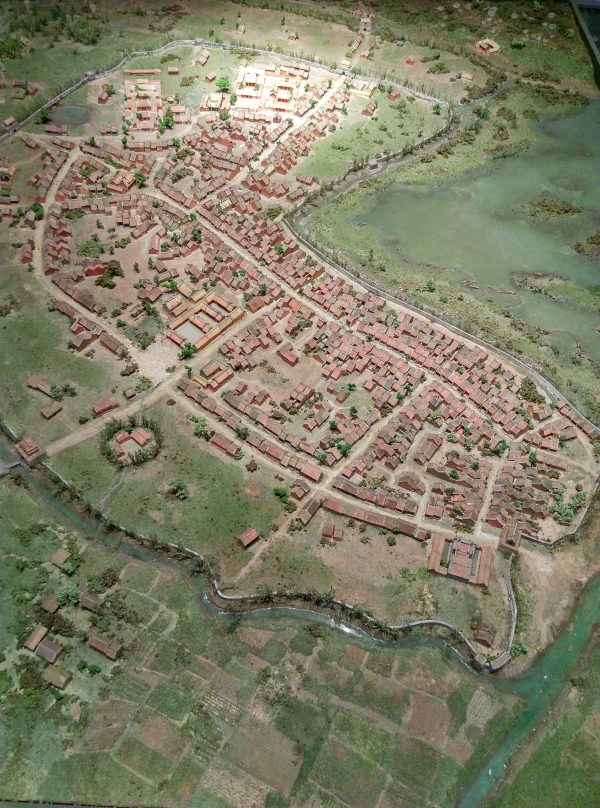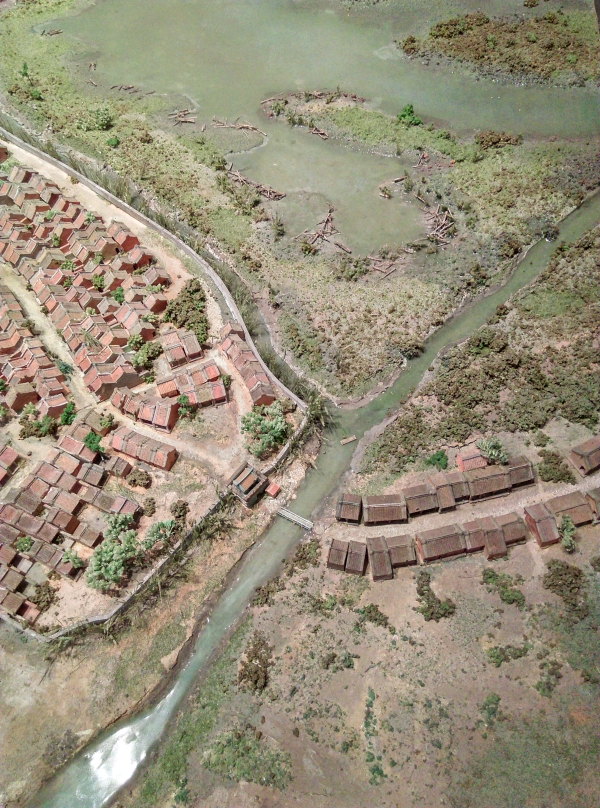Week 22, 2020
MONDAY, 25 MAY 2020
I don’t really care for IKEA furniture and other household items. It’s all right – I’ll buy something if I need it. What attracts me, though – and, to my embarrassment I have to admit a few times every month – is the feeling that I’m in another country.
You see unpronounceable foreign words everywhere on the walls and on the posters. All the products have Swedish names. The furniture is displayed in corners that could be a living room or a bedroom in a Stockholm apartment.



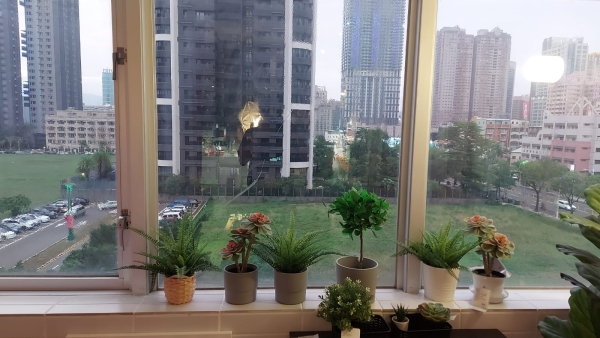
Then there is the cafeteria: salads, a variety of sweet pies, meatballs, oven-baked chicken, fish fingers, lasagne, thick soup.

And just before you leave the place, there’s one last opportunity to imagine yourself in Europe: the supermarket with fresh bread, coffee beans, frozen whole pieces of vegetables, sweet treats, cookies you won’t find in any supermarket in Taiwan.


Being excited about going to IKEA is probably as sophisticated as being eager to have dinner at McDonald’s. At least one person has expressed surprise when I admitted it was one of my favourite things to do on a weekend. But – surely everyone has a right to some slightly embarrassing weaknesses, am I right?
TUESDAY, 26 MAY 2020
The Ngo brothers – the president, Ngo Dinh Diem and his brother, Ngo Dinh Nhu – who ruled South Vietnam between 1955 and 1963 are a good example of what can be achieved if you are confident. They believed they could transform the backward former colony of South Vietnam into a modern state – certainly not democratic, and capitalist as long as they and their allies could get rich from it.
Point is, they believed in their ability to carry out this transformation of a state with a population of approximately twelve million people. And they worked hard every day to make it a reality. They were successful enough in this ambition to obtain their positions of considerable power, and to cling to it for almost a decade.
A cursory study of the brothers’ rule makes it clear that they ruled without mercy, and that they did not think twice about wiping out one person, dozens of people, or thousands of people who threatened their positions. To say that they made numerous enemies is to put it mildly. The two brothers were confident, but they overplayed their hand. They were like two players in a high-risk poker game playing with money they borrowed from the most dangerous gangster in town. As long as they were lucky, played smart, and kept winning, everything was fine. If they made one mistake, they were dead.
And one mistake is what they made in October and the beginning of November 1963. They knew about developments to get rid of them in a coup. They thought they could trust people they had previously trusted. And then, on the night of November 1st and the morning of November 2nd, 1963, the horrible reality they had created caught up with them. A few days before, they were still thinking about and believing in their personal power to command people. On Saturday morning, November 2nd, with their hands cuffed behind their backs, sitting on low benches in the back of an armoured personnel carrier, they were confronted with the other side of the vengeful, cruel reality they created.

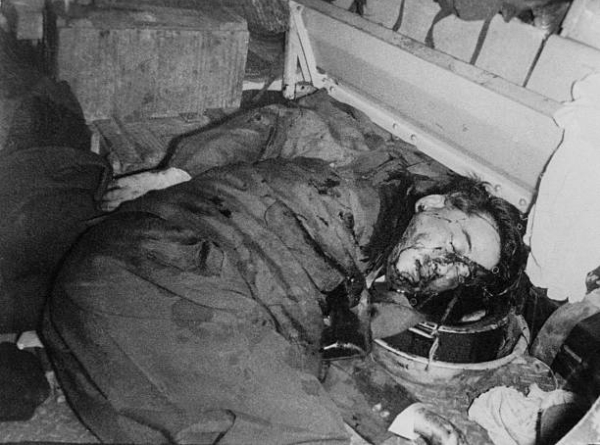
* * *
At first I wanted to say, they thought they could do this big thing, but they were wrong. But that’s the wrong way to look at it. They believed they could manage a huge project successfully. They did not seem to think twice about the consequences of the methods they employed. Or they did, but they probably thought that they could undermine and outsmart all the forces that conspired against them until the successful completion of their project. In that respect, they did overestimate their capabilities. But they also misjudged what reality they were creating with the considerable powers and talents they did possess.
WEDNESDAY, 27 MAY 2020
For readers with an interest in the Vietnam War, I can recommend two documentaries.
The first is a 1974 production entitled Hearts and Minds. The film won the Academy Award in 1975 for Best Documentary Film. What I personally find interesting is the fact that the movie was made in 1974 – the year after America withdrew from South Vietnam, but a year before the war came to an end with the fall of the South Vietnamese government. So there hadn’t been much time to consider the impact that the war had, and would still have, on the psyche of young men involved in the war, and on the psyche of the American nation. Interviews were held with soldiers who initially believed in what the government had told them, but who had since come to other insights. There were also interviews with soldiers and government officials who still believed in the cause, who tried to explain why all the sacrifice and suffering were justified.
A full version of the film is available on Youtube:
The second film is a series of ten episodes on Netflix titled, The Vietnam War. The episodes are between ninety minutes and two hours long – giving you more than fifteen hours of film footage and interviews on the war. The series covers everything from France’s defeat at Dien Bien Phu in 1954, to US veterans returning to Vietnam years after the war to break bread with old enemies. Various aspects of the war and the historical period are covered, and numerous interviews are conducted with American veterans, former journalists, people involved in government, and with Vietnamese who were ordinary soldiers or officers on both sides of the war.
If you subscribe to Netflix, it’s definitely worth watching.
THURSDAY, 28 MAY 2020
Two thoughts:
The environment in which you live; stress at home, at work, and in other areas of your life; what you take in as food and drink, and in what quantities. And by the way, it’s not about living to 80 rather than 65. It’s about the quality of your life. Even if I only live to the age of 65 but I am in relatively good health until then, it will be better than living to 80, but the last 30 years are full of pains and ailments.
* * *
Why do so many people want to live in 1970s Czechoslovakia, or worse, in Stalin’s Soviet Union? Because these people desire the certainty of rules and regulations. They want to know what they may and may not say. They also want to have control over other people, and prescribe to those people – with the support of the state – what they may and may not say. There are also people who like to hallucinate that what they are doing is for the sake of the underprivileged and the underdogs, while they ruin the lives of vulnerable people because they are supposedly against the “revolution”.
FRIDAY, 29 MAY 2020
Decide you’re happy, then take actions on a daily basis to make it reality.
______________________
